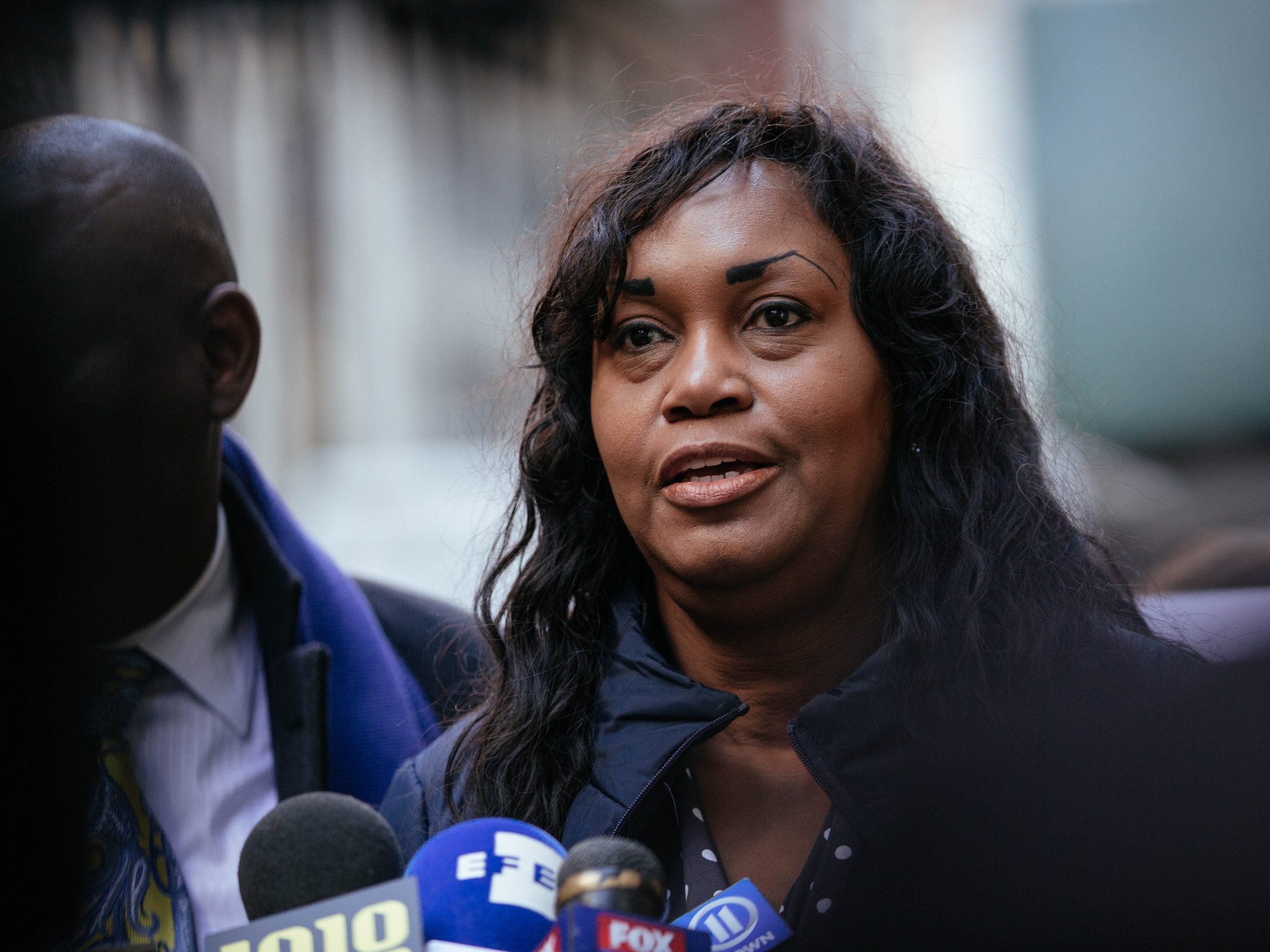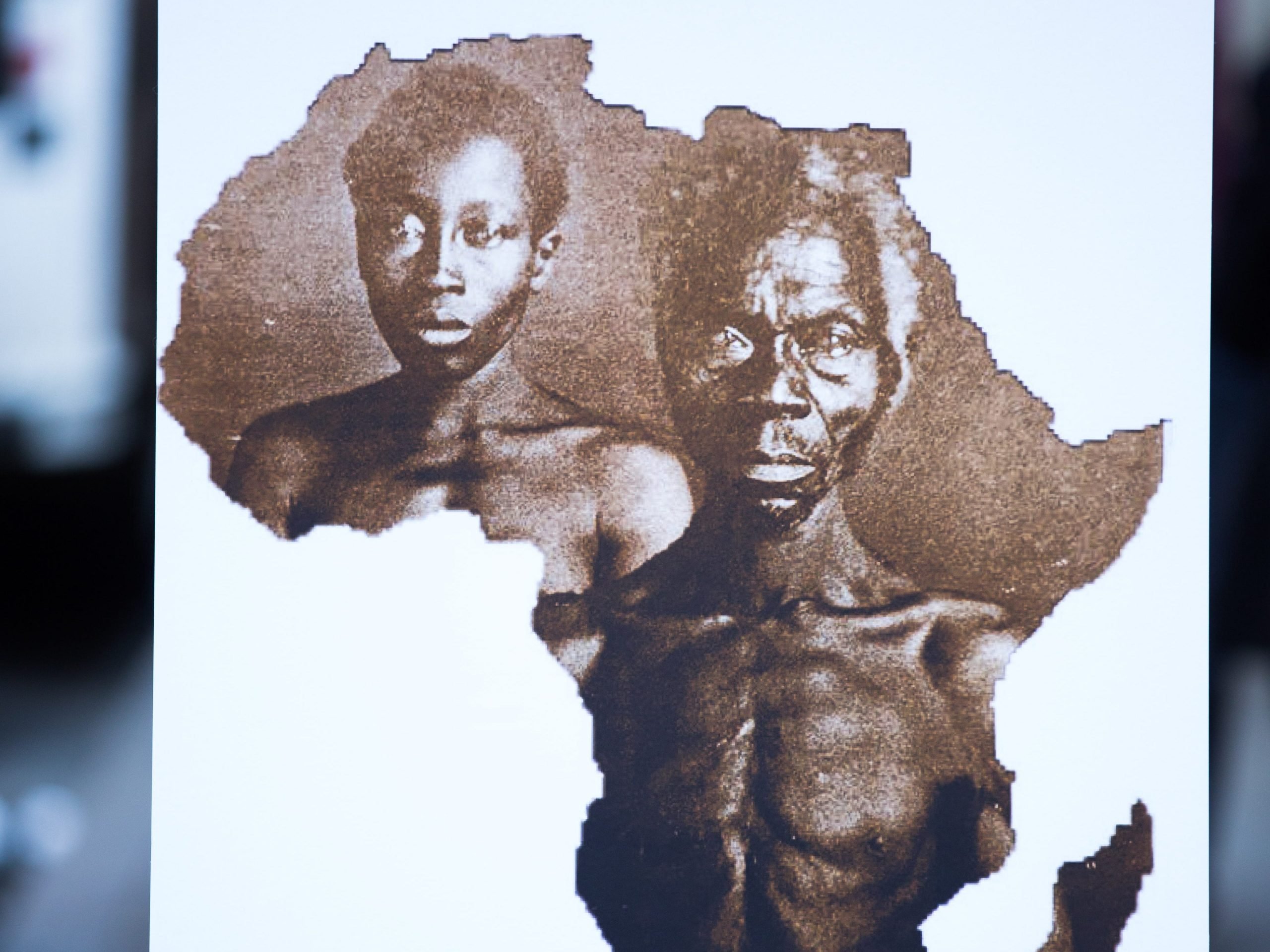
Kevin Hagen/Getty Images
- A woman sued Harvard over photos that she says depict her enslaved ancestors.
- A judge ruled against her this week, saying Harvard was the lawful owner of the images.
- The photos, taken in 1850, are thought to be the earliest known photos of enslaved people in the US.
- Visit Insider’s homepage for more stories.
A judge dismissed a lawsuit brought on by a woman who said Harvard University was illegally profiting from photos of enslaved people who she says were her ancestors.
Tamara Lanier sued Harvard in 2019, claiming that she was the rightful owner of images that depicted her ancestor Renty and his daughter Delia, but a Massachusetts judge ruled against her this week.
“Fully acknowledging the continuing impact slavery has had in the United States, the law as it currently stands, does not confer a property interest to the subject of a photograph regardless of how objectionable the photograph’s origins may be,” Justice Camille Sarrouf wrote in an order filed Tuesday, CNN reported.
The judge did not dispute Lanier’s claims that she is a descendant of the subjects in the images, but said it is common law “that the subject of a photograph has no interest in the negative or any photographs printed from the negative,” The New York Times reported.
The judge said if the subjects of the images did not own them when they were taken, then their descendant does not own them either.

Kevin Hagen/Getty Images
The images of Renty and Delia were commissioned in 1850 by Harvard biologist Louis Agassiz and are believed to be among the first photographs taken of enslaved people in the US.
The photos, which show Renty and Delia stripped to the waist, were used to argue for the institution of slavery.
Lanier said she grew up hearing stories about an ancestor known as "Papa Renty." She came across the photos online in 2011 and spent years working to verify her lineage to Renty, USA Today reported.
On Friday, Lanier told CNN she would appeal the decision.
"I think that Harvard, just how they have treated not only Renty, but his family, his legacy, his rich cultural history - it's confirmation that they devalue Black lives," Lanier told CNN.
In a statement to The Times, Harvard said it hopes the ruling would make the photos "more accessible" to the public, calling the photos "powerful visual indictments of the horrific institution of slavery."